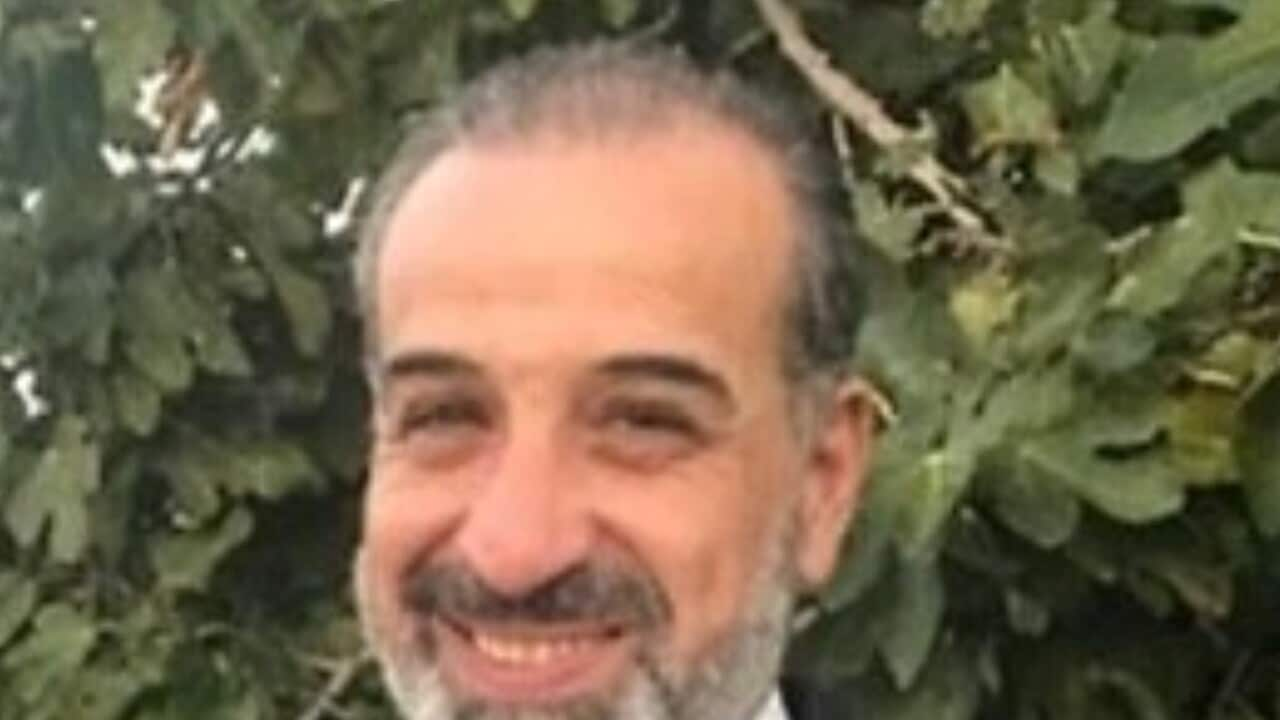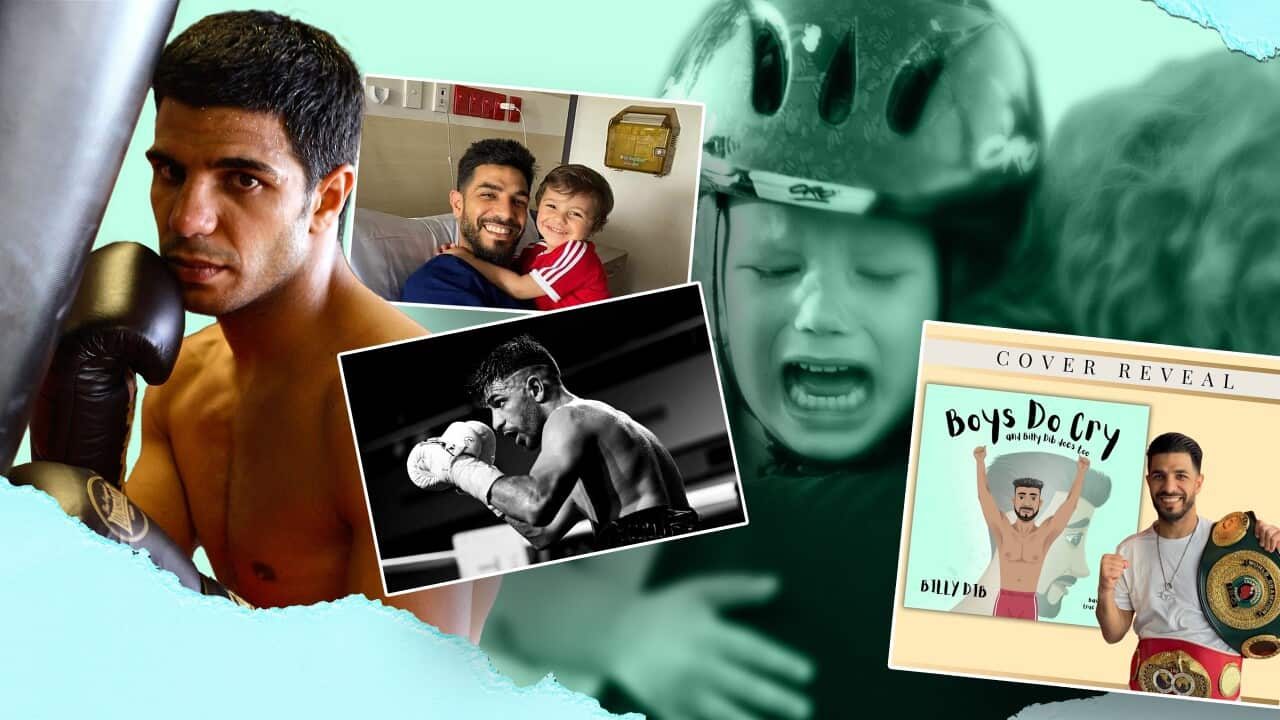His children, a daughter 28 years old, and four sons, 27, 24, 17 and 14 years of age were very young when Mr Abu Dakka fled Syria a decade ago.
These days, he said they were stuck in “limbo” in Erbil, Kurdistan-Iraq, desperately seeking sanctuary in a western country.
Mr Abu Dakka said that despite his children being assessed by the UNHCR and given refugee status, their applications to go to France and Australia had been constantly rejected.
"My goal now is to bring my family members to reunite with me in Australia after 10 years of separation," he said.
"They have been recognised as refugees by the United Nations, but, unfortunately, their applications to come to Australia have been rejected more than once."
'Waste' of professional skills
He also lamented what he called a "waste" of professional skills held by many former refugees because of the inability to convert their qualifications in Australia.
Whereas in his home country, Mr Abu Dakka worked as a successful dentist and orthodontist with his own clinic for almost 30 years, these days he drives an Uber and helps out at a friend’s restaurant to supplement his income.
He had applied to study at a postgraduate level in his profession but was rejected because of the nature of his visa, he said.
With the theme of this year’s Refugee Week being “Healing”, Mr Abu Dakka says he can’t fully heal until his family is whole again.
In the interim, he said: “There’s a chance for healing, life has to go on, we have hope in the future."
This is the fact, we lost the past but we have hope in the future. With love, everything is possible, with love, all wars will stop.
He expressed his hope that the recently elected Albanese government would put an end to the uncertainty experienced by an estimated 30,000 former refugees in a similar situation across Australia.
Hope that new government would grant permanency to TPV holders
"Nothing has changed for us for years, but I hope that the situation will improve with the arrival of the new government which promised to settle the situation of about 30,000 refugees who are in Australia who don’t have permanent residency, and who are in limbo," Mr Abu Dakka said.
We have hope in this government, and this is our last hope
Mr Abu Dakka said he arrived in Australia by boat in 2012 and was granted a Temporary Protection Visa.




